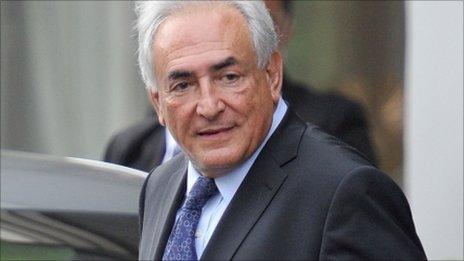Strauss-Kahn resigns: Global fight for IMF top job
- Published
The list of potential candidates to replace Dominique Strauss-Kahn as head of the International Monetary Fund is growing fast amid a battle between central European and emerging economies over who should get the top job.
Angela Merkel, the German chancellor, is among European leaders who favour a European for the post, but emerging economies are expected to fight hard for a chance to increase their influence on the global stage.
The list of names from European countries include the current French Finance Minister, Christine Lagarde, and Germany's former banking chief, Axel Weber.
From developing countries, South Africa's former finance minister, Trevor Manuel, and Turkey's former minister of economic affairs, Kemal Dervis, have been widely mentioned, but Mr Dervis has now ruled himself out.
The IMF has been reforming its structure to give more power to countries outside the G7, but the current rules still give a stronger voice to richer countries.
Mrs Merkel said it was not the right time to change the status quo.
"Developing nations are within their rights in the medium term to occupy the post of either IMF head of World Bank chief. But I think that in the current situation, with serious problems with the euro and the IMF strongly involved, there is a lot in favour of a European candidate being put forward."
The IMF has traditionally been led by a European, while the World Bank has had US leadership.
But developing countries, with increasing amounts of economic power, are unlikely to stand by.
The Brazilian Finance Minister, Guido Mantega, warned: "We must establish meritocracy, so that the person leading the IMF is selected for their merits and not for being European."
The managing director of the IMF is appointed by its 24 executive directors for a term of five years.
They can nominate candidates from any member countries, not just their own. The final decision is likely to be reached by consensus as the IMF prefers this to formal votes.
The US, Japan, Germany, France and the UK are all guaranteed directorships. The other 19 executive posts are elected by the remaining 187 member countries.
Since the IMF's inception the system has given most of the power to the developed countries of the G7 - the US, UK, Germany, France, Canada, Italy and Japan.
But recent changes mean there will soon be two fewer European board members to try to boost the powers of developing nations.
Talented field
The IMF's current acting managing director, Mr Strauss-Kahn's deputy John Lipsky, has already said he will step down in August, when his term ends.
Other possible European candidates include the former UK Prime Minister, Gordon Brown, and Peer Steinbrueck, a former German finance minister.
There is some support within Germany for another European, the Swiss central banker, Philipp Hildebrand.
According to former IMF official Eswar Prasad, potential candidates from developing world economies also include Singapore's Finance Minister, Tharman Shanmugaratnam, and Agustin Carstens of Mexico.
At this stage, the list is very tentative. Some names being touted are unlikely to even be considered.
IMF rules state that no one should be appointed to the post of managing director who is 65 or older and that no one should hold the post beyond the age of 70, something that seems to rule out the outgoing European Central Bank president, 68-year old Jean-Claude Trichet, Israel's central bank governor Stanley Fischer, who is 67 and Indian government adviser Montek Singh Ahluwalia, who is also 67.
The BBC's economics editor, Stephanie Flanders, says the job is still most likely to go to a European, despite the pressure to give wider representation to newly powerful countries.
- Published10 June 2011
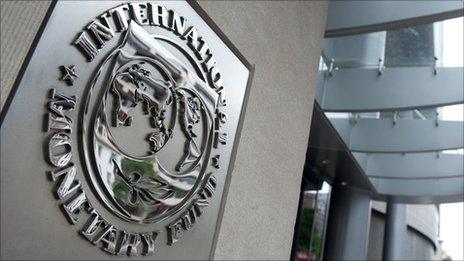
- Published19 May 2011
- Published19 December 2016
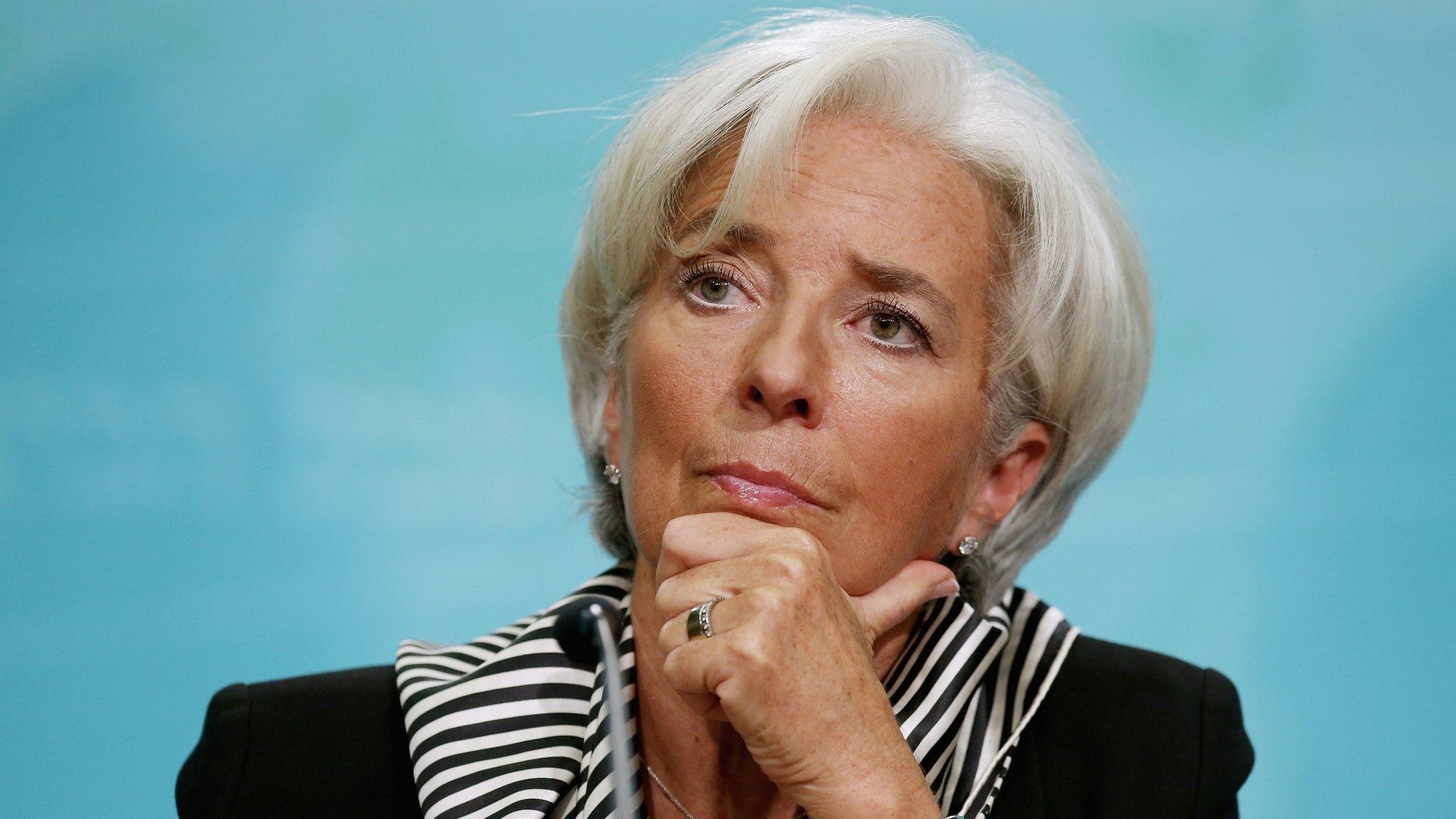
- Published19 May 2011
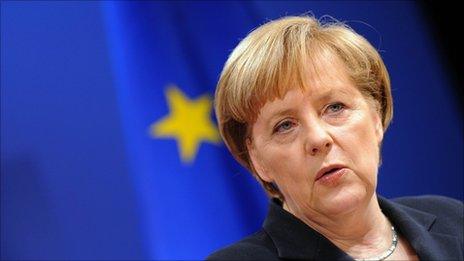
- Published19 May 2011
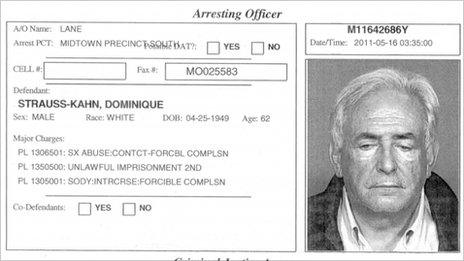
- Published19 May 2011
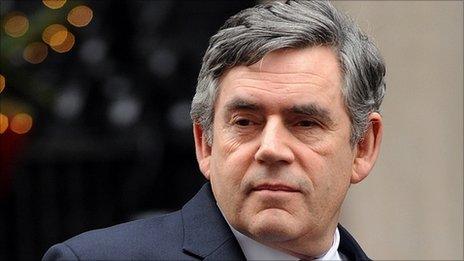
- Published16 May 2011
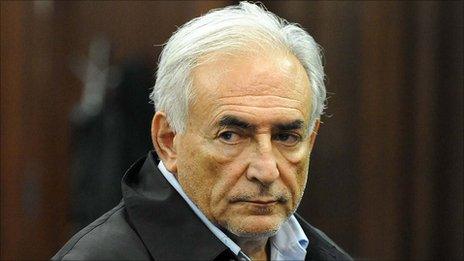
- Published16 May 2011
- Published16 May 2011
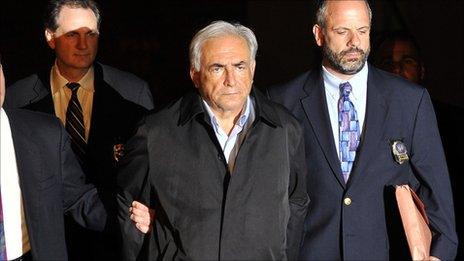
- Published12 June 2015
